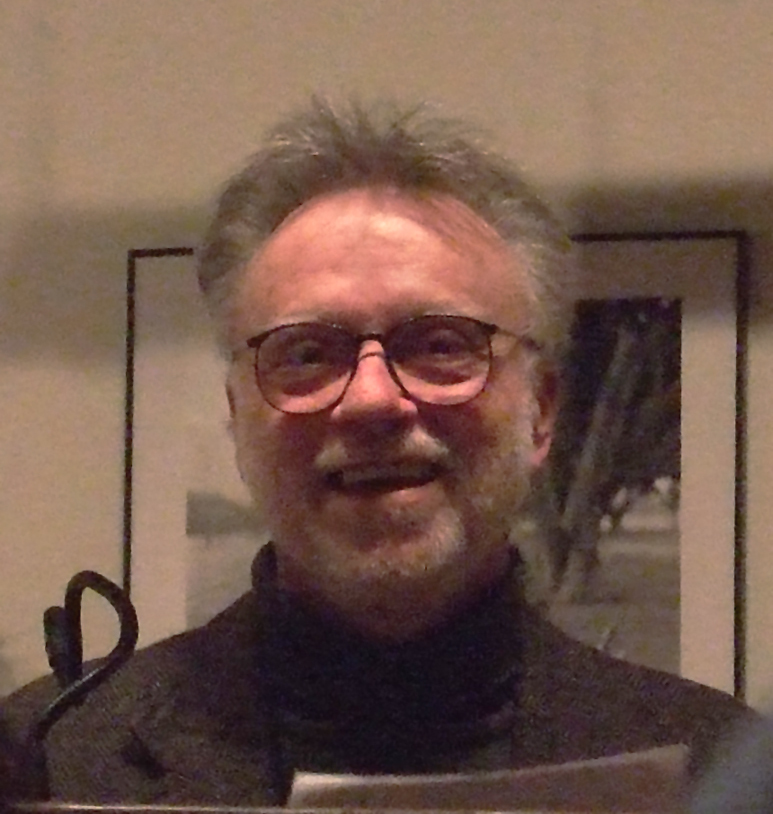 author
authorGiuseppe di Lampedusa
Giuseppe Tomasi di Lampedusa, the 11th Prince of Lampedusa and the 12th Duke of Palma, was an Italian writer and the last Prince of Lampedusa. He is most famous for his only novel, Il Gattopardo (first published posthumously in 1958), set in his native Sicily during the Risorgimento. A taciturn and solitary man, he spent much of his time reading and meditating and said of himself, "I was a boy who liked solitude, who preferred the company of things to that of people."
Il Gattopardo follows the family of its title character, the Sicilian nobleman Don Fabrizio Corbera, Prince of Salina, through the events of the Risorgimento. Perhaps the most memorable line in the book is spoken by Don Fabrizio's nephew, Tancredi, urging unsuccessfully that Don Fabrizio abandon his allegiance to the disintegrating Kingdom of the Two Sicilies and ally himself with Giuseppe Garibaldi and the House of Savoy:
"Unless we take a hand now, they'll foist a republic on us. If we want things to stay as they are, things will have to change", an approach to politics that has become known as the di Lampedusa strategy. The title is rendered in English as The Leopard, but the Italian word gattopardo refers to the American ocelot or the African serval. Il gattopardo may be a reference to a wildcat that was hunted to extinction in Italy in the mid-19th century – just as Don Fabrizio was dryly contemplating the indolence and decline of the Sicilian aristocracy.
In 1963 Il Gattopardo was made into a film directed by Luchino Visconti and starring Burt Lancaster, Alain Delon, and Claudia Cardinale; it won the Palme d'Or at the Cannes Film Festival.
Tomasi also wrote some lesser-known works: I racconti (Stories, first published 1961), including the novella The Professor and the Siren, Le lezioni su Stendhal (Lessons on Stendhal, privately published in 1959, published in book form in 1977), and Invito alle lettere francesi del Cinquecento (Introduction to sixteenth-century French literature, first published 1970). In 2010, a collection of his letters were published in English as Letters from London and Europe. His perceptive commentaries on English and other foreign literature make up more of his works by volume than his fiction.
Best author’s book




















